
by John | May 19, 2020 | 100-Day Creative Challenge
Welcome to the eighteenth of our Creative Challenges. In our fourth week of Creative Challenges, we’re exploring the nature of profitability for screenplay writing: WriteMovies’ 100-Day Creative Challenge 18 is about how producers and commissioners manage risks in their project selections.
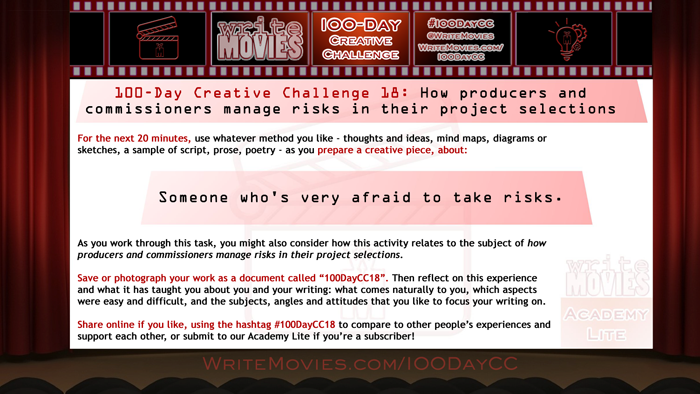
(more…)

by John | May 17, 2019 | Updates, Writing Insights
Writing a script is hard work, but getting a script turned into an actual movie can be even harder. There are all sorts of obstacles standing in the way, not least the key decision-makers and producers who will actually be responsible for the whole project. So how do you get these people to say yes to your work?
One of the most important things that a lot of writers forget about is making sure that their script is commercially viable. Caught up in so many great ideas, they write whatever comes to mind with no thought for cost – but if the film unlikely to make a profit, then a producer is unlikely to want to back it. After all, their job may well be on the line!
Here are some tips to make your script more commercially viable…
- Ask yourself who is going to go and watch your film. Who is this going to appeal to? Who is your target audience? These are the kind of necessary questions that producers ask all the time; if you find that you’re not certain of the answer, then it might be time to have a rethink.
- Reduce the number of locations. By having all the action take place in only a few places, you’re massively reducing costs. A great example of this is RESERVOIR DOGS, which was predominantly set in an empty warehouse.
- Another way to reduce costs is to tone down the action. You might have some great set pieces planned out in your head, but every stunt takes time and money to plan and perform. Can you cut the helicopters out? Can you have only one explosion instead of three? The scene doesn’t have to always to be loud to be exciting!
- On a similar note, cut down on the crowd scenes. Extras have to paid and fed – each and everyone of them is costing the production money. If possible, even having a small cast of two or three is even better – that means paying even fewer actors!
- A lot of Hollywood blockbusters seem to be overloaded with special effects these days, but they don’t come cheap. They might be an unavoidable cost in science-fiction and fantasy, but see if you can find a way to cut down on them.
In short, when the budget is small and there’s a clear audience, producers are much more likely to say yes to your work. A small cast, a handful of locations, small-scale action (or none whatsoever) are all things that can help on this front, and give your script the best chance of thriving in a competitive industry.
PARANORMAL ACTIVITY is a great example of film that does this well. There is always an audience for horror films, and by keeping its costs so low, it became the most profitable film ever made based on return on investment, making an impressive $193 million off a budget of just $15,000.
So when you sit down to write, make sure you think first about the commercial side of things – specifically, whether there’s enough of an audience for your script to claw back the money that will be used to make it. That’s part of the key to making your way as a successful screenwriter!

by John | Nov 26, 2018 | Ian Kennedy, Updates, Writing Insights
Feature films tend to get most of the glory among filmmakers, but that doesn’t mean we should ignore short film as a medium! In a new series of Insights articles, Ian Kennedy looks at the benefits of writing in this format.
There’s a reason there’s not just one but two categories for shorts at the Oscars: one for live-action and another for animated. They can be a great way of telling stories that a lot of filmmakers overlook – and that includes writers!
So why write a script for a short film? Why get one made? Well, there are actually quite a few good reasons…
- You’ve got an idea for story that doesn’t suit feature length – sometimes, even the best concept can’t be spun out into a longer screenplay! That doesn’t have to a negative, though. Use the opportunity to tell the story in short form instead.
- To improve your skills by writing under constraint. All writing is done under constraint of some kind – of format, style, etc. – but the additional restrictions of length and budget with short film can be a great chance to prove yourself. Learning to write under constraint can actually be a great way to improve your writing!
- As proof of concept for a feature film. Making feature films is an expensive business, so why not show how well your idea works by making a short based on the same idea?
- To get a production credit. Getting a script produced can take hard work, but if you’ve already got a track record in short films, it can look great on your writing CV and give producer’s faith in your abilities.
- As a personal project – just because you love your idea or are passionate about filmmaking! Be careful, though; if you’re making a short film for personal reasons, make sure that everyone on the production knows what your motives are.
Making a short film brings all sorts of challenges of its own. You’ll still need a unique concept, a well-structured story, and characters that audiences can fall in love with – but you’ve got to get it all into a much smaller space! That’s why it can be such a great test of your skills as a storyteller.
Whatever your reasons for making a short film, make sure you know exactly what they are before you begin, whether you want to use it to take the next step in your career or just because you’ve got a story you’re desperate to tell!
Take a look at our other Writing Insights articles here for great hints and tips on crafting your scripts!
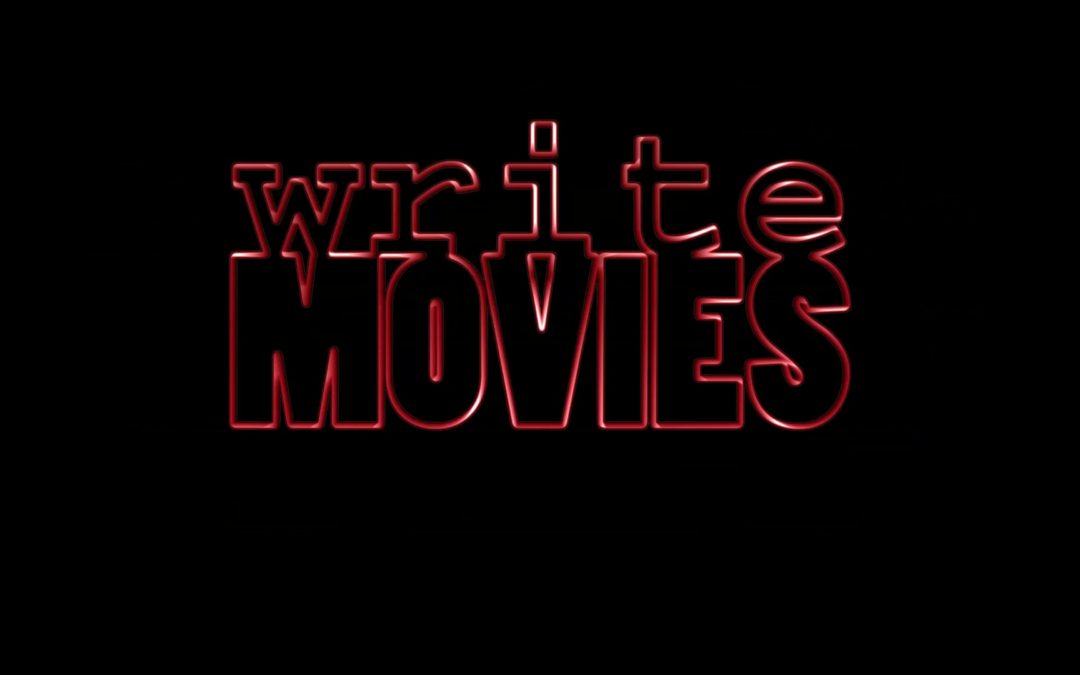
by John | Oct 19, 2018 | Highlights, Interviews, Updates
In Part One of our exclusive article in conversation with Steven Knight, the writer-director spoke about how he began his career and about the rise of TV drama. Now, in Part Two, we find out about some of his influences and future plans…
Steven explained that PEAKY BLINDERS is based on stories of his parents and uncles, many of which he heard while around his blacksmith father while he was young. Once the BBC took an interest, things moved quickly. With series 1 complete, Steven was looking at potentially making 4 or 5 series of PEAKY BLINDERS.
PEAKY BLINDERS uses some CGI, but mostly uses derelict locations that aren’t about to be knocked down (one key location is the street where Ringo Starr was born!). There was resistance to setting PEAKY BLINDERS in Birmingham (UK) because of the unglamorous accent, but Knight insisted on retaining that authenticity – he believed that we should be telling our own stories of places like Birmingham.
The basic premise of LOCKE (starring Tom Hardy) was a journey from Birmingham to London, where someone starts out with everything and ends up with nothing – exploring how that could happen. If the cost is low enough, you can get creative freedom to run a project your way. LOCKE knocked CAPTAIN AMERICA off number 1 in terms of revenue per screen! It was on vastly less screens of course, but that was still very promising. Knight was determined that the character in that film should be the most ordinary person possible.
He explained that you have to write a three page outline for studios, however unlikely the script was to end up that way. Knight prefers not knowing where a story is gonna go. He writes, then goes back to the start every day and works through from there.
Knight has accidentally become the poster-boy for Birmingham’s drives to move to the next level in its drive to become a major player in global culture. He intends to build a major sound stage in Birmingham as London’s major studios are fully booked, with a ‘halo effect’ of businesses based around it, and from this to also create a scene where live theatre can lead to movies being made.
Ian Kennedy’s conversation with Steven Knight turned out lots of interesting information about the inner working of the industry. If you haven’t read it yet, why not take a look at Part One by clicking here?
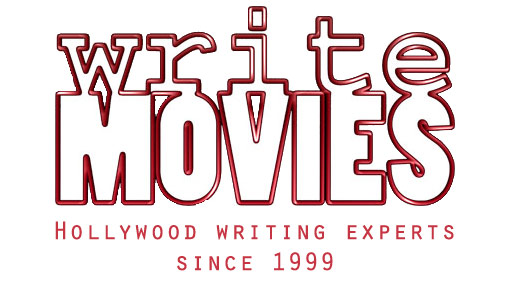
by John | Oct 12, 2018 | Highlights, Interviews, Updates
Our Ian Kennedy was lucky enough to share a table for an evening with Steven Knight, the writer of SERENITY, PEAKY BLINDERS, TABOO, DIRTY PRETTY THINGS, LOCKE, and much more…
Steven Knight says that we’re entering a golden age of TV and film. He explained that the US system is great for writers – it’s unionized and you can make a proper living just from writing. He actually felt that there seems to be a good mystery to you if you DON’T live in LA, as long as you’re prepared to fly out every 6 weeks and do late-night conference calls.
But he explained that the Hollywood system is slow! It takes many years of gestation most of the time. If you persuade a star to be in your project, the studios know they’ll make back a certain many million dollars from it – his film HUMMINGBIRD (with Jason Statham) was in profit before it even got to the cinema. He felt that distributors often underestimate their audience and focus on young males.
Screens are better nowadays so TV drama has risen a lot. Actors like TV and it’s a writer’s medium – writers have control there, unlike other formats. Too many people are involved in making films, telling you something’s not good enough in order to justify their presence and pay. But getting actors to commit beyond series 1 of your TV series is hard because they may get film offers.
Show runners write episode 1 in the US and their team of writers – who’ve developed it with them – do other episodes. Writers rise up through the ranks in the US. British TV writing is more eccentric and individualistic – the US system is more corporate. Theatre writers are good for TV due to their ability with dialogue and are often overlooked.
Steven Knight explained that he had begun his career in the UK by writing plenty for radio, and for comedians including particularly Jasper Carrott, and writing 31 episodes of Carrott’s sitcom with Robert Powell, THE DETECTIVES. Steven was one of the 3 founders of WHO WANTS TO BE A MILLIONAIRE. He also wrote novels for Penguin, and presented DIRTY PRETTY THINGS to the BBC which led to that commission.
Then came AMAZING GRACE, for the 200th anniversary of the end of the slave trade, and EASTERN PROMISES which led from DIRTY PRETTY THINGS. The award nominations that came as a result of these put him into the US system, which he found to be great for writers. He got to direct HUMMINGBIRD which he had also written, and after that wanted to get total control of a project – and he feels that LOCKE vindicated him becoming a director.
Click HERE to check out Part 2 of our conversation with Steven Knight, in which he discusses the influences behind PEAKY BLINDERS, his writing process, and his plans for the future…
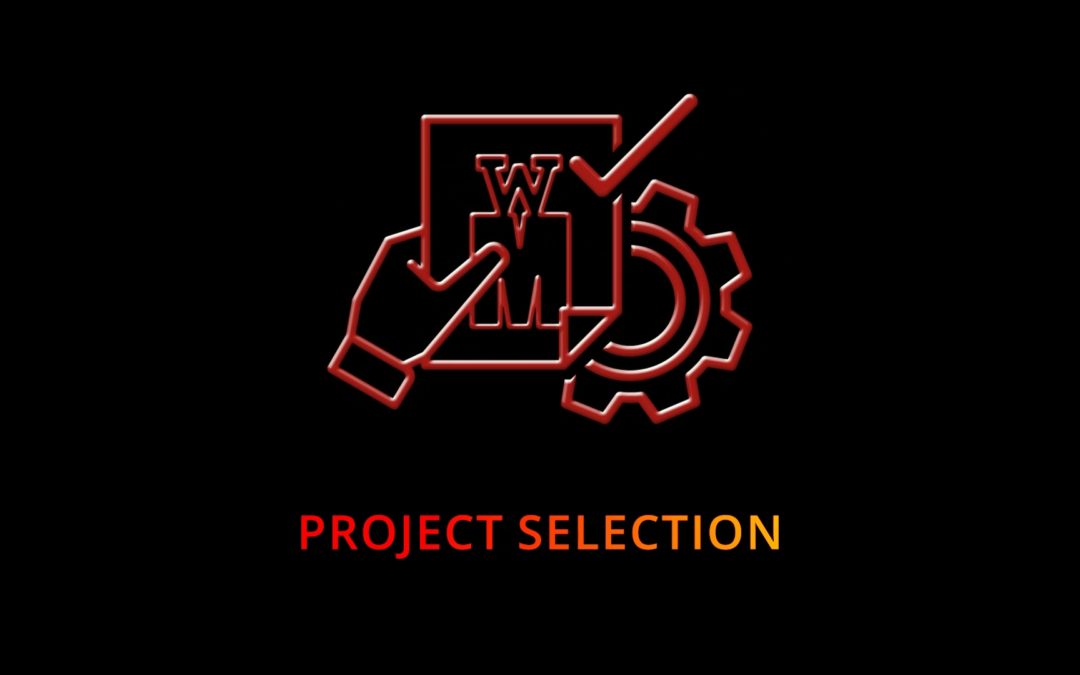
by John | Sep 14, 2018 | Academy
WriteMovies Academy is almost here! Phase 1 is all about concept and theme development, but if you’re already ready to write, we’ve got you sorted. You can use “Phase 0: Project Selection” to make sure you’ve got a viable script – and it’s totally free when you buy the whole course!
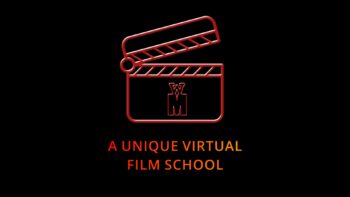
Nobody wants to spend weeks of their life writing a screenplay only to realize they’re pursuing the wrong project – and that’s where Phase 0 of WriteMovies Academy can help. This phase of our virtual film school can help you choose the best project right from the start, with advice and recommendations from an industry expert.
So if you think you’ve got all your concepts in order and want to give Phase 1 a miss, and jump straight in to the other parts of the course, Phase 0 is here to help!
It includes all sorts of tools for defining your projects and picking out the most objectively viable ones, perfect for development through the other phases of the Academy. You’ll receive feedback on all your ideas, with webinars and activities to work through – all of which will allow you to identify your goals and which project will help you achieve them.
As with all phases of WriteMovies Academy, you can complete Phase 0 in your own time and at your own pace. You set your own deadlines; this is a course that works around you and your life.
Phase 0 is the perfect way to start your screenwriting journey with WriteMovies, and you get it for free when you buy the rest of the course, saving $250 in the process!
Buy all six phases here and get Phase 0 free!

by John | Aug 10, 2018 | Our Winners, Updates, WriteMovies News
We are delighted to announce the winners of our Spring 2018 Screenwriting Contest!

We’ve read many fantastic scripts over the last few months, but at long last, our Spring 2018 Contest comes to a close. In every genre and in every format, there have been many scripts that shone – but we’ve finally managed to decide on our winners!
A massive thanks to everyone who entered, and who gave us so much great material to read! If you want to find out why your script placed where it did in our competition, we strongly encourage you to take advantage of our Script Report services – which are currently on special offer until 31st August 2018!
 Our Grand Prize Winner walks away with:
Our Grand Prize Winner walks away with:
- $2000 cash prize
- A year of script and pitching development worth $3200
- Exclusive previews of our Virtual Film School and a copy of our Confidential Studio Manual
And the top three submissions all receive:
- Guaranteed pitching and promotion to the top of the film industry
- Exclusive prizes from InkTip – an InkTip Script Listing and the winning scripts’ loglines will be featured in InkTip’s Magazine, read by thousands of writers and producers.
So, a huge congratulations to our GRAND PRIZE WINNER:
DESERT RUN
by
Christopher Thomas
A great win for Christopher, and a thrilling script with strongly voiced characters. Christopher now takes home those wonderful prizes listed above.
But we must also congratulate our SECOND PLACED WINNER:
KLONDIKE MIKE
by
Thomas Zmiarovich
And our THIRD PLACED WINNER:
FIRE ON THE ISLAND
by
Timothy Jay Smith
 A round of applause also for our Honorable Mentions: BLUT WIRD FLIEßEN by Urs Aebersold, LOVERS IN PARIS by Andy Conway, THE CRACK IN PEGGY SUE’S FLOOR by John Woodard, THE UNDERTAKER’S CHILDREN by Natasha Le Petit, THE ELECTRIC WAR by Arthur Tiersky, and HOLLYWOOD’S MOST WANTED: I’M READY FOR MY CLOSE-UP, ESE by Manny Jimenez Sr.
A round of applause also for our Honorable Mentions: BLUT WIRD FLIEßEN by Urs Aebersold, LOVERS IN PARIS by Andy Conway, THE CRACK IN PEGGY SUE’S FLOOR by John Woodard, THE UNDERTAKER’S CHILDREN by Natasha Le Petit, THE ELECTRIC WAR by Arthur Tiersky, and HOLLYWOOD’S MOST WANTED: I’M READY FOR MY CLOSE-UP, ESE by Manny Jimenez Sr.
A very well done to everyone named here and the many other impressive scripts we read this time around. It’s been a tough field to choose from! See the results in full below.
We’ll be telling you all about our winners in the coming weeks, and getting their script development phase underway.
Head to our Facebook page and our Twitter feed to congratulate our top three winners and Honorable Mentions yourself!
Here are the Spring 2018 Screenwriting Contest Winners and Honorable Mentions…
|
GRAND PRIZE WINNER |
|
|
DESERT RUN
by Christopher Thomas |
|
| SECOND PLACE |
|
THIRD PLACE
|
KLONDIKE MIKE
by Thomas Zmiarovich |
|
FIRE ON THE ISLAND
by Timothy Jay Smith |
|
HONORABLE MENTIONS |
|
BLUT WIRD FLIEßEN
by Urs Aebersold |
LOVERS IN PARIS
by Andy Conway |
THE ELECTRIC WAR
by Arthur Tiersky |
THE UNDERTAKER’S CHILDREN
by Natasha Le Petit |
HOLLYWOOD’S MOST WANTED:
I’M READY FOR MY CLOSE-UP, ESE
by Manny Jimenez Sr |
THE CRACK IN PEGGY SUE’S FLOOR
by John Woodard |











